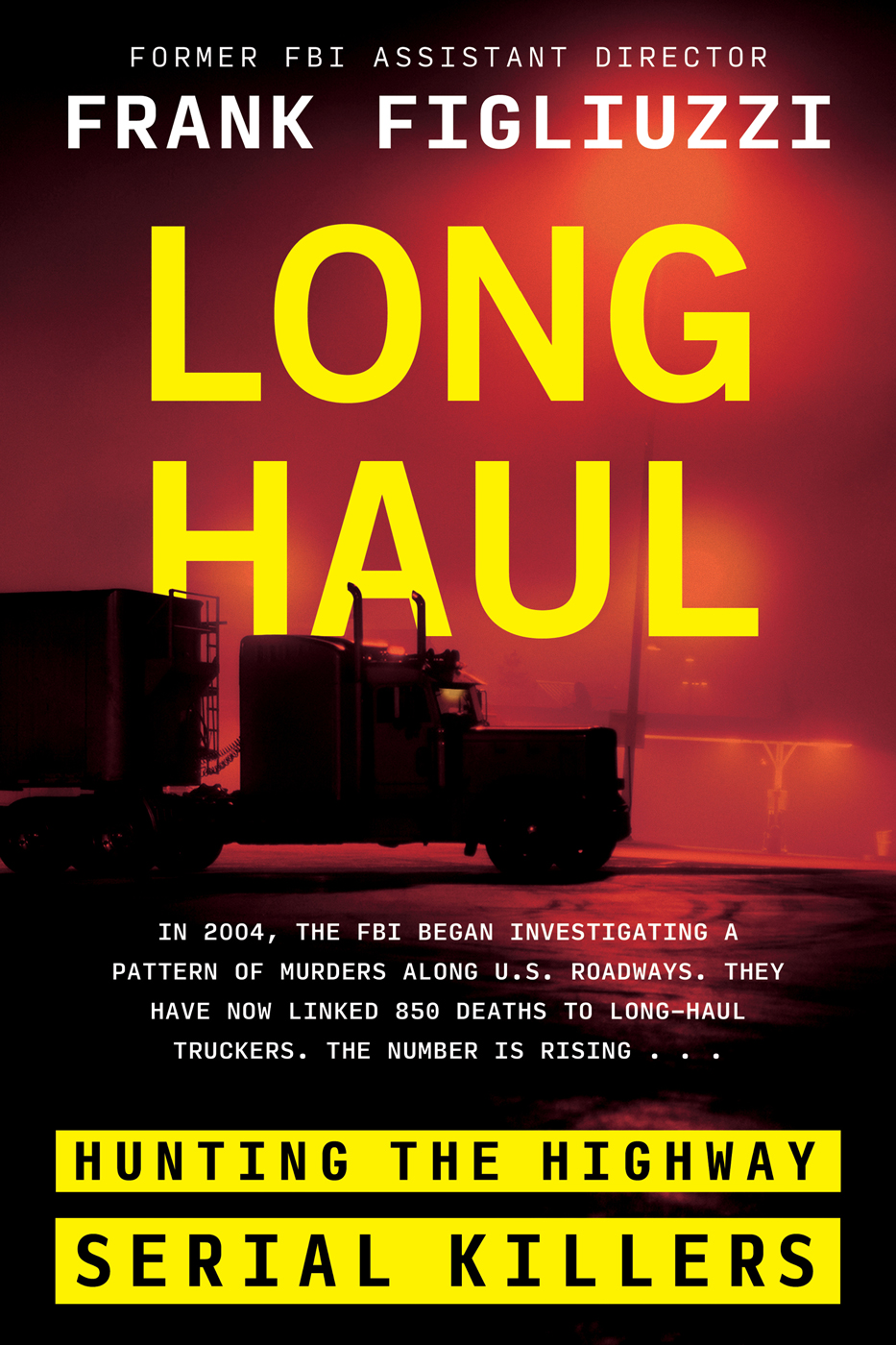When good truckers go bad
When good truckers go bad
A shocking book has revealed a gruesome pattern of women being murdered by truck drivers!
Regular readers know that I’m a big fan of truck drivers. I think they’re generally underappreciated, and I feel sorry for them (especially those poor chaps who queue for days at border posts). However, a new book has made me view some truckers in a whole new light (please note the inclusion of the word, “some”. I’m in no way suggesting all truck drivers are evil!)
In the book, LONG HAUL: Hunting the Highway Serial Killers, former FBI assistant director Frank Figliuzzi unpacks a gruesome pattern of murders that led to the founding of the Bureau’s Highway Serial Killings (HSK) Initiative. Today, this dedicated unit has amassed an astonishing list of at least 850 murders believed to be linked to a solitary breed of predator: long-haul truckers. Their victims are almost all sex-trafficked women. Floored by this revelation, Figliuzzi decided he had to know more… because the FBI believes there are multiple serial killer truckers still operating on US highways.
The book details Figliuzzi’s year-long quest to understand the mysterious subcultures of long-haul truckers, sex trafficked victims, and the crime analysts trying to stop the killing. “Part cowboy, part fighter pilot, and part hermit, long-haul truckers glide along the edge of a certain seam in the fabric of our society – the seam that separates their reality from ours,” Figliuzzi observes. “Killer truckers exploit that seam.”
As Figliuzzi shares, he got to know these subcultures from the inside by riding over 2,000 miles in a truck, spending days with sex trafficked victims, and interviewing the top crime analysts at the FBI and at state level. Trucker Mike (an alias) is one of the good guys. Still, the experience gave Figliuzzi a glimpse of a long-hauler’s often brutal reality – existing for weeks at a time in a world of their own. When a trucker is one of the bad guys, their reality often proves deadly for their desperate, vulnerable victims.

LONG HAUL highlights notorious cases, like the “Truck Stop Killer”, Robert Ben Rhoades, who built a torture chamber in the rear of his truck. Over at least 15 years, he kidnapped, tortured, raped, and killed as many as 50 suspected victims.
Then there is the “The Interstate Strangler”, Dellmus Colvin, who estimates that he murdered between 47 and 52 women – most of them sex workers – for the sheer pleasure of killing, and “always slept well at night”.
Understanding what drives long-haul truckers to kill was only part of Figliuzzi’s mission. His book is also devoted to understanding their victims: overwhelmingly at-risk women forced into the sex trade. Through interviews with rare survivors like Hannah (an alias), he reveals how these victims become ensnared in sex trafficking and face unimaginable obstacles if they are ever to be among the few who survive and thrive beyond their hell.
According to the book, there are 850 cases in the FBI HSK Initiative database; about 200 remain pending and unsolved. Worryingly, the numbers are rising. The HSK Initiative provides analytical support and training to police across the US to try to identify highway serial killers before they kill again.
Can anything be done to stop the long-haul trucker killing spree? In LONG HAUL, Figliuzzi suggests safeguards, such as more closely monitoring truckers’ physical and mental health, implementing professional screening and background checks, and enforcing regular drug screening and alcohol checks. Honestly, I would hope that these sorts of measures are happening at transport operators anyway – whether or not murderous truck drivers are being employed.
As I stated at the outset of this article, not all truckers are bad. In fact, Figliuzzi makes it clear that the vast majority of truckers are honest, hard workers who never commit heinous crimes. In fact, the book is dedicated in part to the stalwart American trucker. But those truckers that are bad are downright scary. Let’s hope that a similar book on African truckers never needs to be written.
Published by
Charleen Clarke
focusmagsa




